Posted on 10/29/2023
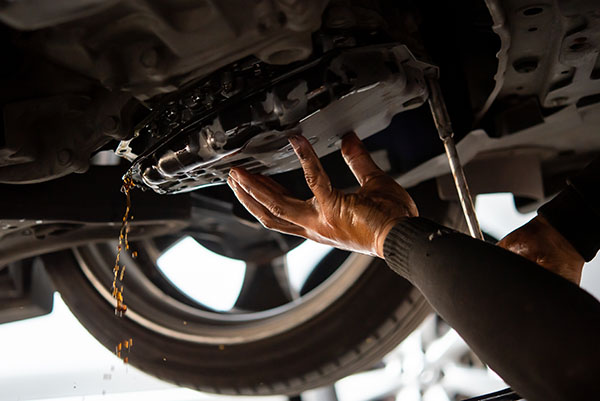
As automotive enthusiasts, the urge to roll up our sleeves and embark on do-it-yourself (DIY) car projects is often irresistible. However, amidst the allure of saving money and the thrill of tinkering with our beloved vehicles, it's crucial to recognize that not all DIY endeavors are created equal. While some projects can be rewarding and fulfilling, others can quickly snowball into costly disasters. To help you navigate the treacherous terrain of car maintenance and modifications, here's a comprehensive guide highlighting five DIY car projects that are best left to the experts. Transmission Rebuilds The intricate complexity of a transmission system requires a specialized skill set and in-depth knowledge that most DIY enthusiasts lack. A seemingly simple mistake during a transmission rebuild can lead to irreversible damage, leaving you with a hefty repair bill and a non-functional vehicle. Given the critical role of the transmission in the overall perf ... read more
Posted on 9/29/2023
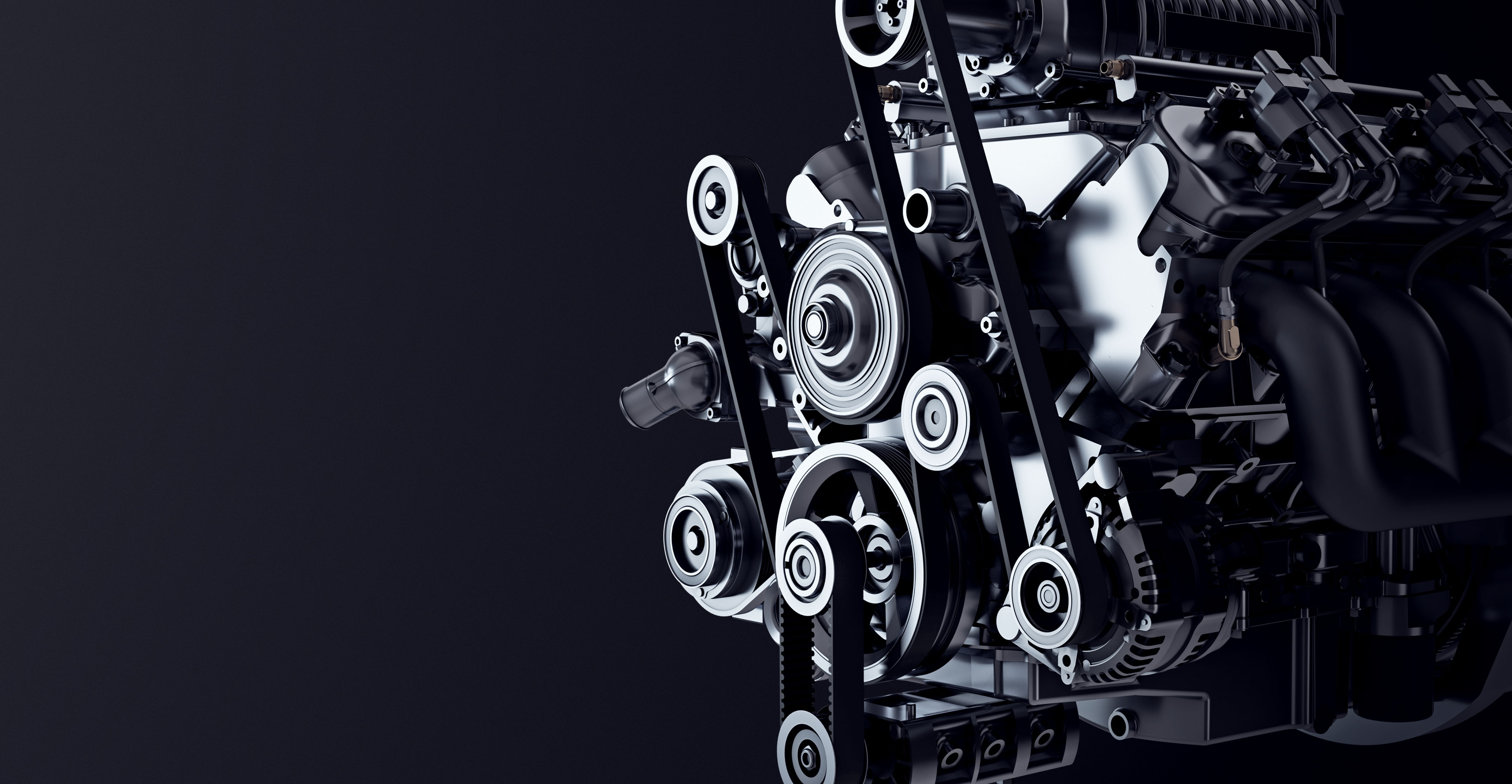
Under the hood of your vehicle lies a marvel of engineering, a symphony of moving parts that transforms fuel into power – your engine. At the core of this intricate machine are cylinders, the unsung heroes that perform the crucial task of converting fuel and air into motion. But do these vital components require servicing, and what role do they play in the performance and longevity of your engine? The Function of Cylinders Cylinders are the workhorses of your engine, where the real magic happens. They house the pistons, which move up and down in a rhythmic dance, creating the mechanical force that drives your vehicle forward. Each cylinder is a precision-engineered chamber where fuel and air are mixed, compressed, and ignited to produce power. The Need for Cylinder ServiceCarbon Deposits Over time, carbon deposits can build up on the cylinder walls and piston heads, hindering performance and efficiency. Cleaning these depos ... read more
Posted on 8/31/2023
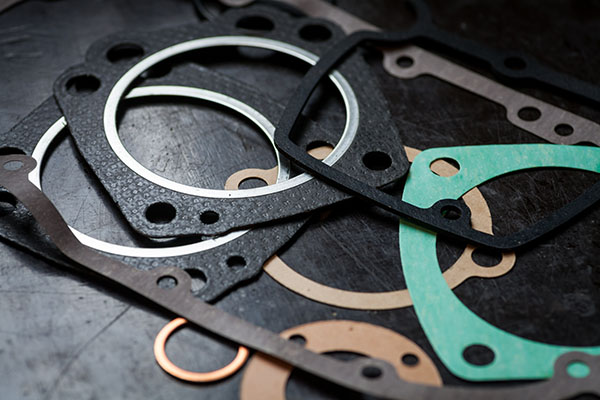
Beneath the hood of your vehicle lies a symphony of precise engineering and intricate components working in harmony to power your drive. Among these components, seals, and gaskets often go unnoticed, that is until they start to cause issues. They play a vital role in maintaining the engine's integrity and performance, or in other words keeping everything contained in the engine - processes, liquids, and gasses. 1. Ensuring Airtight Compartments Seals and gaskets act as barriers that prevent fluid leaks and maintain airtight compartments within the engine. These compartments are essential to separate fluids like oil, coolant, and fuel, ensuring they don't mix and compromise engine function. Seals and gaskets are particularly critical in areas where pressure and temperature variations are significant. 2. Keeping Contaminants Out The engine environment is host to various contaminants, including dust, dirt, and moist ... read more
Posted on 7/31/2023

Ah, the sweet relief of stepping into a cool, air-conditioned car on a scorching summer day - it's a luxury we often take for granted. But have you ever wondered how heat affects your car's A/C system? Extreme temperatures can put a strain on it, and it's essential to keep it running properly to beat the heat and ensure a comfortable driving experience. Here are a few ways the summer heat affects your A/C and a few ways to keep it working properly. The Battle Against Heat Your car's A/C works tirelessly to combat the relentless heat, ensuring you stay comfortable during the hottest days. However, excessive heat can take a toll on the A/C system, leading to reduced cooling capacity and potential malfunctions. Refrigerant Levels and Leakage Extreme heat can cause the refrigerant in your A/C system to expand and contract, putting additional stress on the system's components. This expansion and contraction can result in refrigerant l ... read more
Posted on 7/29/2023
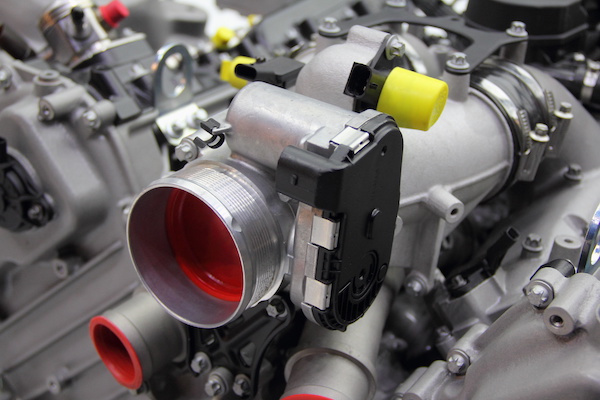
Important Maintenance for Cars with Turbochargers Turbochargers are a great way to add power and performance to your car, but they also require a little extra maintenance to keep them running smoothly. Here are some of the most important things you can do to maintain your car's turbocharger: Change the oil regularly. Turbocharged engines require more frequent oil changes than naturally aspirated engines. The oil in your turbocharger helps to lubricate the bearings and other moving parts, so it's important to keep it clean and fresh. Most manufacturers recommend changing the oil every 5,000 miles or 3 months, whichever comes first. Use the right oil. Not all oils are created equal when it comes to turbochargers. Look for an oil that is specifically designed for turbocharged engines. These oils are formulated to withstand the high temperatures and pressures that turbochargers operate under. Warm up the engine before driving. Turbochargers take a few minutes to ... read more
Posted on 7/28/2023

The used car market has been crazy since COVID traveled the world and changed everything. Values have inflated to the point that cars once destined for auction or the scrap yard are polished up and sitting on dealer front lines with big CERTIFIED stickers on the window. Does it really mean anything? It depends on who is setting the standards, and if you bother to read them before you buy. I used to run a shop that was an independent dealer and he was big into throwing that word around. However he backed it up. All the maintenance would be done. The filters got changed. The tires were replaced. The brakes done. Whatever was needed to get the vehicle to that like new "certified" status, it got done. Those cars needed drivers and nothing more. I have a truck that I bought from a nationwide dealer and it was certified to a standard, but a standard well below mine. She needed tires, some fluid services, and an alignment but overall it was in good ... read more
Posted on 7/27/2023

When to Replace Your Hybrid Battery Hybrid vehicles are becoming increasingly popular, as they offer a more fuel-efficient and environmentally friendly way to get around. However, all hybrid batteries will eventually need to be replaced. Here are some signs that it might be time to replace your hybrid battery: Your car's fuel economy has decreased significantly. Your car has trouble starting. Your car's warning lights are on. Your car's battery is no longer holding a charge. If you're seeing any of these signs, it's a good idea to have your hybrid battery tested by a qualified mechanic. They can help you determine if the battery needs to be replaced and, if so, what your options are. How Much Does It Cost to Replace a Hybrid Battery? The cost of replacing a hybrid battery can vary depending on the make and model of your car, as well as the age and condition of the battery. However, in general, you can expect to pay anywhere from $2,000 to $8,000 for a new bat ... read more
Posted on 6/30/2023
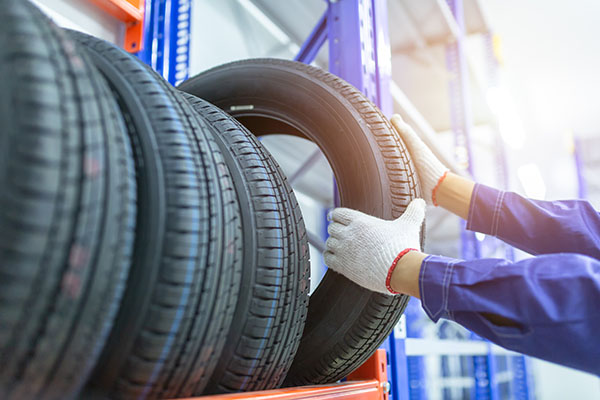
With the increasing popularity of electric vehicles, you may have come across terms like hybrid and plug-in hybrid. While both types of vehicles offer improved fuel efficiency and reduced emissions, there are distinct differences between them.What Is The Main Difference? The main difference between hybrid and plug-in hybrid vehicles lies in their electric driving capabilities and charging options. Hybrid vehicles use a combination of an internal combustion engine and an electric motor, with a limited electric-only driving range and no external charging requirement. On the other hand, plug-in hybrids have larger battery packs, an extended electric range, and the ability to charge externally.If you are looking for a longer explanation, don't worry because we still have a lot to cover. Let's take a closer look at both of them and how they distinguish from each other. Hybrid Vehicles &nbs ... read more
Posted on 5/31/2023

With a wide variety of tire options available, it can be overwhelming to make the right choice. In this guide, we will walk you through the key factors to consider when selecting tires for your vehicle. From understanding tire sizes and types to evaluating performance characteristics, this guide will help you make an informed decision that meets your specific needs. Criteria to keep in mind when choosing tires include: Vehicle requirements Driving conditions Tire types Performance Budget Know Your Vehicle's Tire Requirements To choose the right tires, you need to understand your vehicle's tire requirements. This includes the tire size, load capacity, speed rating, and recommended inflation pressure. We'll explain how to find this information in your vehicle's owner's manual or on the sidewall of your current tires. Consider Your Driving Conditions Different driving conditions require different tire characte ... read more
Posted on 4/29/2023
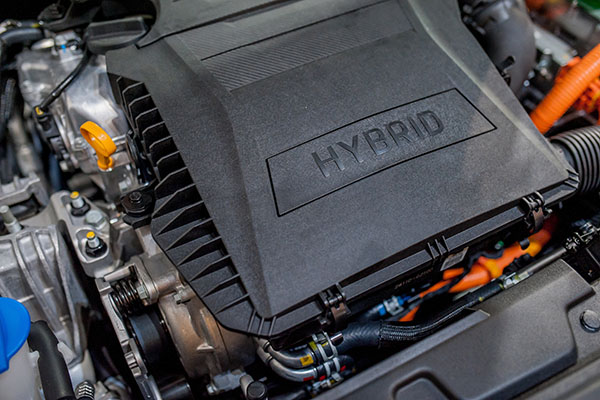
In today's world, the demand for eco-friendly and fuel-efficient transportation is on the rise. Hybrid vehicles have emerged as a popular solution, combining the benefits of both gasoline engines and electric motors. These innovative machines offer improved fuel economy, reduced emissions, and an overall greener driving experience. But have you ever wondered how hybrid vehicles work and what sets them apart from conventional cars? Let's dive into the fascinating world of hybrid technology and explore the inner workings of these cutting-edge vehicles. The First Hybrid Vehicle: A Glimpse into the Past To truly appreciate the advancements in hybrid technology, we must first acknowledge the humble beginnings of the first hybrid vehicle. The history of hybrid cars can be traced back to the late 19th century when Dr. Ferdinand Porsche developed the Lohner-Porsche Mixte Hybrid in 1900. This groundbreaking invention featured a gasoline engine powering a generator, wh ... read more